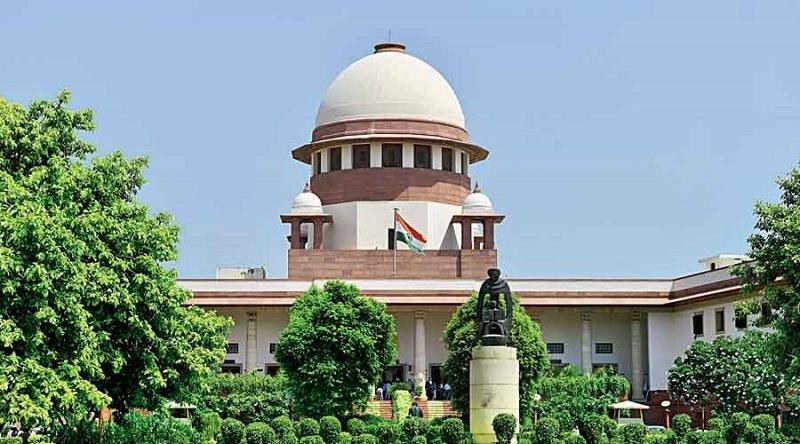(MENAFN- Kashmir Observer) New Delhi- Compassionate appointment is not a vested right for getting a government job as it is not a condition of service of an employee who dies in harness, the Supreme Court held on Wednesday while declining the plea of a man whose police constable father died on duty in 1997, when the petitioner was seven years of age.
A bench comprising Justices Abhay S Oka, Ahsanuddin Amanullah and Augustine George Masih said no direction can be issued asking the State to perpetuate any illegality in favour of a person or a group of individuals contrary to the policy concerned.
ADVERTISEMENT
Writing the judgment for the bench, Justice Masih said compassionate appointments are intended to address urgent financial distress at the time of a family member's death and do not constitute a vested right that can be claimed after the lapse of a long period of time.
ADVERTISEMENT
“As regards the compassionate appointment being sought to be claimed as a vested right for appointment, suffice it to say that the said right is not a condition of service of an employee who dies in harness, which must be given to the dependent without any kind of scrutiny or undertaking a process of selection.
“It is an appointment which is given on proper and strict scrutiny of the various parameters as laid down with an intention to help a family out of a sudden pecuniary financial destitution to help it get out of the emerging urgent situation where the sole bread earner has expired, leaving it helpless and maybe, penniless,” the judgment said.
Read Also
No Religion Encourages Air Pollution: SC
Bulldozer Justice Simply Unacceptable Under Rule Of Law, Says SC
It said compassionate appointment is, therefore, provided to bail out a family of a deceased employee facing extreme financial difficulty.
“This shall in any case be subject to the claimant fulfilling the requirements as laid down in the policy, instructions or rules for such a compassionate appointment,” it said.
The very idea of equality enshrined in Article 14 of the Constitution is a concept clothed in positivity based on law and it can be invoked to enforce a claim having the sanctity of law, it said.
Petitioner Tinku's father, constable Jai Prakash, died alongside an officer while on duty in 1997.
At the time, Tinku was only seven years old, and his mother, who was illiterate, could not apply for an appointment on compassionate grounds for herself.
Instead, she requested that her son's name be entered in the“Minors' Register”, with the understanding that he might be considered for a post upon reaching adulthood.
In 1998, the Haryana Director General of Police issued instructions for Tinku's name to be recorded, suggesting a future possibility for employment. However, by the time Tinku applied for a post in 2008, after reaching the age of majority, 11 years had passed since his father's death.
Authorities rejected his application on the grounds that Haryana's 1999 instructions had introduced a three-year limit for such claims following an employee's death.
A single-judge bench as well as a division bench of the Punjab and Haryana High Court rejected his plea.
The top court upheld the decision, concurring with previous rulings of the high court that the compassionate appointment policy is meant to address immediate financial needs and cannot be invoked as a guaranteed right after a significant delay.
While denying the petitioner's claim for appointment, the court provided a potential relief to his family, allowing his mother to submit a representation to the competent authority for a lump-sum ex-gratia payment.
The court instructed that the request be considered within six weeks, adding that if compensation is delayed further, interest will apply from the date of the request.
Follow this link to join our WhatsApp group : Join Now



















Comments
No comment